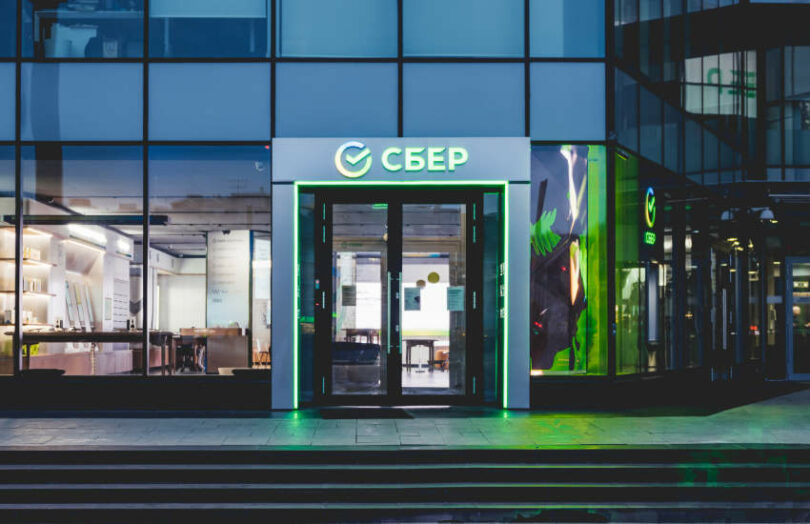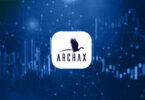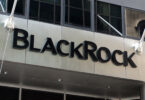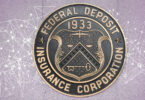Russia’s largest bank Sber said that retail investors can access digital financial assets (DFA) on its platform from this month. In 2021, Russia introduced regulations covering tokenized traditional assets, including equity and debt, and the tokenization of real world assets such as metals but excluding cryptocurrencies.
“Now we already have billions in terms of the amount issued, the number of issues is already approaching 30,” said Anatoly Popov, Sber Deputy Chairman, according to state-owned news agency Tass. A billion rubles is equivalent to $12 million. He’s expecting some of the largest borrowers to join the platform issuing tens of billions of rubles (more than a hundred million dollars) of debt.
The bank has formulated an investment scoring system targeting individual investors. Part of it involves understanding the quality of the issuer. The goal is for retail investors to bring additional liquidity to the platform.
Sber issued its first digital financial asset in July last year, a bundle of factored invoices. Earlier this year, it unveiled the bank’s first tokenized gold assets.
Russia’s megabank is one of five DFA licensees. It was amongst the first licensees alongside miner Norlisk’s Atomyze and fintech Lighthouse. This year it has been joined by Alfa Bank and Masterchain. The latter is a blockchain network operated by the FinTech Association, which has issued a factoring tokenized asset with VTB Factoring. Additionally, it is working with property developer G-Group to issue tokens linked to each square meter of housing under construction.
Sber ramps up DeFi community
Sber also has its sights on decentralized finance (DeFi). We interviewed Sber before Russia invaded Ukraine, and it outlined its plans to develop a DeFi platform. “The platform will be open for developers where they can deploy smart contracts, new products and do magic similar to what you have now with decentralized finance (DeFi),” said Oleg Abdrashitov former head of its Blockchain Lab.
It’s been under development for a while, and at the end of May, it announced it was opening the bank’s Ethereum-based blockchain platform in test mode for developers that sign up for its ComUnity ecosystem. While many reports implied it was based on public Ethereum, it is simply Ethereum-compatible at this stage. It supports the development of smart contracts and token issuance.
At the same time, the bank launched a hackathon. Based on the smple applications, one can see plans to link to public blockchains in the future, potentially.
The sample applications include:
- an automatic market maker that allows the user to become a liquidity provider and receive commission income;
- integration with the non-blockchain application platform, which allows you to issue tokens for internal assets (game items, points or ratings);
- a bridge with an open blockchain platform;
- a wallet in which it will be possible to issue NFT for a cup of coffee and send it to another user.






